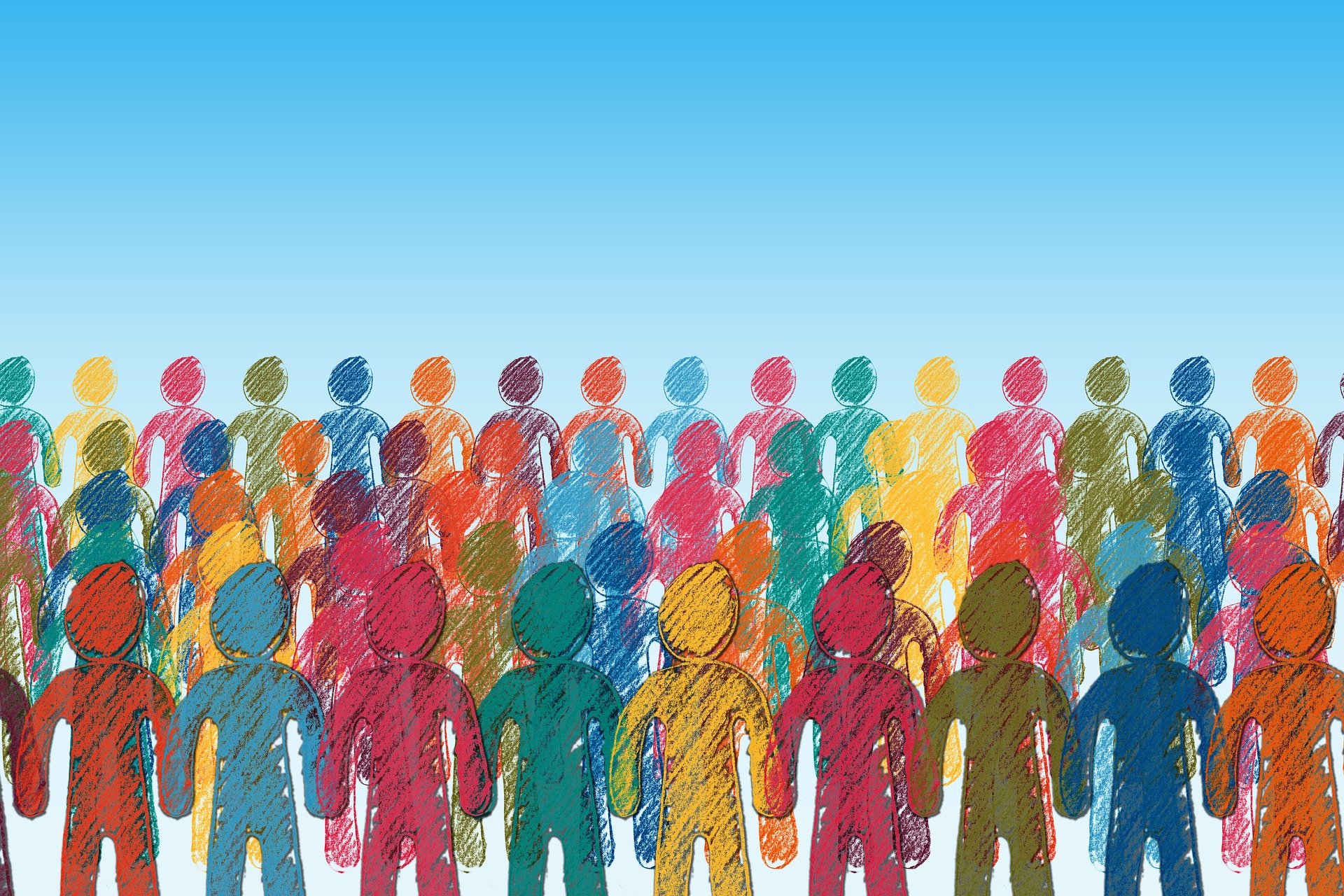(In-)Equalities and Non-Discrimination
About the Programme Line
The prohibition of discrimination and the right to equality are core human rights principles that are also enshrined in most national legal systems. However, in the realisation of “all human rights for all”, discrimination and different forms of inequalities remain major challenges. The principles of substantive equality and inclusion, as well as the need to combat structural discrimination mechanisms, are insufficiently captured in their societal relevance. They are also not sufficiently reflected in legislation, legal practice and social discourse.
Focus Areas
The programme line takes an in-depth look at legal frameworks, policies and academic discourses relevant to the topic of non-discrimination. Group-based approaches are critically analysed, as they often neglect the different positions, resources, experiences, perspectives, identities, abilities and social affiliations of group members. At the same time, they introduce the risk of stereotyping and increased exclusion. The following points are currently the focus of our research activities:
- Critical analysis of the concept of vulnerability from the perspective of the non-discrimination approach
- Review of the adequacy of the existing legal framework and policies for the individual case, but also for a societal change towards a more equal society, by taking an intersectional approach into account. In contrast to a one-dimensional group-based approach, this approach assumes the intersection and simultaneity of different discrimination categories
- Supporting equality bodies and ombuds-institutions in the effective implementation of the legal framework – also beyond the individual case
- Role of intersectional inequalities and discrimination in relation to different forms of mobility in the context of climate change
- Raising awareness of the cross-cutting nature of (in)equality and (non-)discrimination with a particular focus on access to justice
Scientific Approach
The starting point of our research is the huge importance of theories and concepts. These are not only relevant to research questions and analysis, but also influence legal and policy solutions that are developed based on our research. Another essential aspect is language, as it can contribute to a high extent to stigmatisation, victimisation and the reinforcement of inequalities.
Goals and Achievements
With its research and applied research projects, our programme line initiates important social developments towards more equality (of opportunities) and non-discrimination. In numerous projects, we support institutions and states in combating and preventing discrimination.








